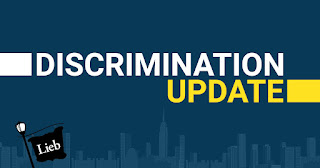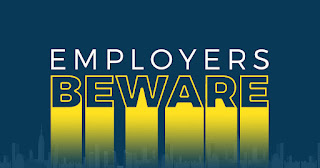In a significant development in a case that underscores the ongoing challenges faced by individuals with disabilities in accessing suitable housing, Lieb at Law is representing a hearing-impaired tenant in a discrimination lawsuit against the City of New York and other entities. The case, as reported by Law360, highlights crucial issues regarding the responsibilities of property owners and the rights of tenants with disabilities.
Background of the Case
Elewood Torres, the plaintiff, filed a class-action lawsuit in 2022, challenging the failure of his Lower Manhattan apartment building's owners to provide necessary services for tenants with hearing disabilities. Despite the building at 174-184 Forsyth St. being funded to provide accessible housing, critical safety improvements have been lacking.
Key Issues at Stake
The lawsuit points to the absence of essential features such as video cameras in elevators, smoke alarms with strobe lights and bed shakers, and security staff proficient in American Sign Language. These deficiencies not only violate the Americans With Disabilities Act, and the NYS / NYC Human Rights Laws, but also pose a significant risk to the safety and well-being of the residents.
The City's Position and Plaintiff's Response
The city contends that it no longer owns the property and that the ADA does not apply to private residential complexes. However, Torres disputes this claim, highlighting that the ownership of the building reverted to the city due to breaches in the sale agreements. This aspect is crucial in determining the applicability of the ADA and the city's responsibilities.
Lieb at Law's Stance
Representing Torres, Lieb at Law's Associate Attorney, Richard Hermer-Fried, emphasized the gravity of the situation: "To this day, defendants have not provided bed rockers to wake tenants in case of a fire. It's utterly egregious that nothing's been done to protect these individuals." The firm's commitment to advocating for the rights of individuals with disabilities is evident in its vigorous pursuit of this case.
What's Next in the Case
With a preliminary injunction requested by Torres to compel the defendants to install the necessary improvements, and the court ordering documentation of such improvements, the case is poised for critical developments. Lieb at Law remains steadfast in its pursuit of justice for Elewood Torres and other similarly situated tenants.
*Attorney Advertising














